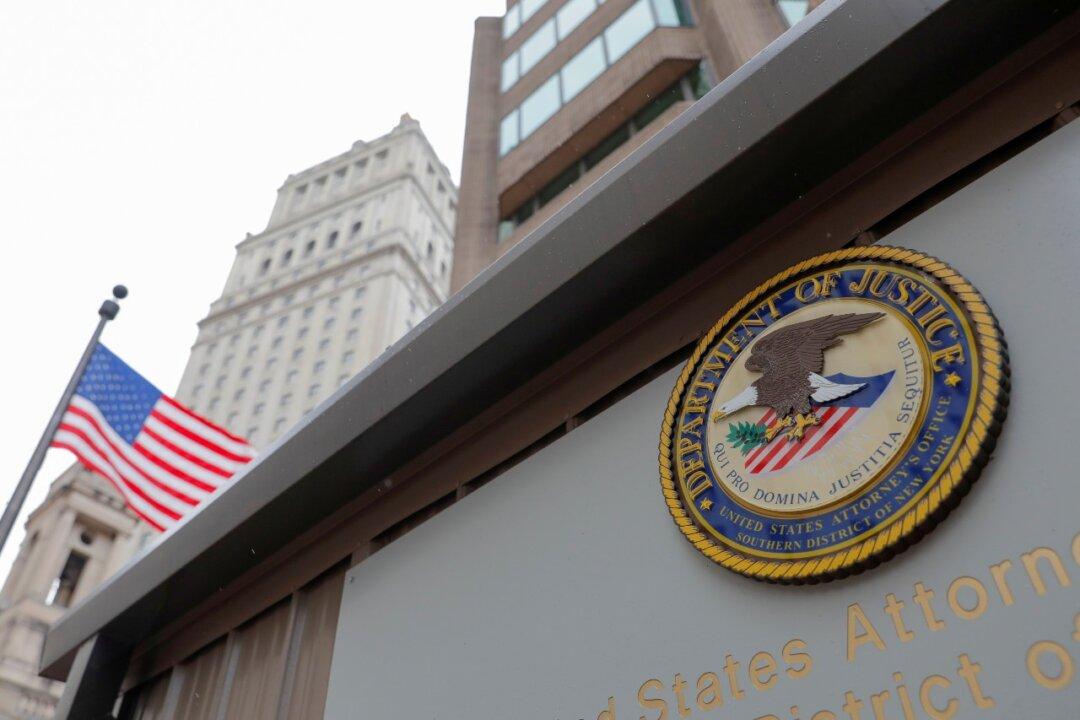A federal grand jury has indicted 40 people in South Carolina in what is alleged to be the biggest racketeering conspiracy in the state’s history, with charges that include orchestrating murder and kidnapping, and distribution of drugs and firearms.
The Justice Department said in a release Thursday, that the 147-count indictment (pdf) against defendants across South Carolina alleges that inmates with the South Carolina Department of Corrections (SCDC), often by means of contraband cellphones, orchestrated murder, kidnapping, firearms distribution, and an international drug operation.





